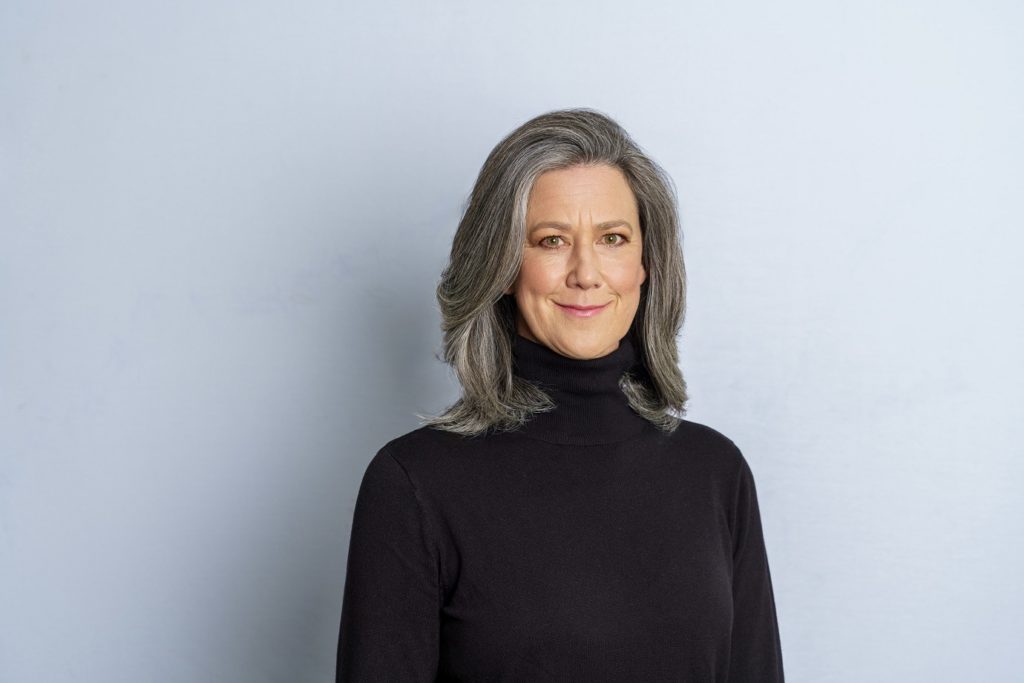Nicolette Boele is an independent candidate for the seat of Bradfield, who shares with Women’s Agenda why aged care has become a key policy concern for her.
As I meet voters in the electorate of Bradfield, where I’m standing as an Independent candidate in the upcoming federal election, I hear endless sad stories about aged care.
It might be their Dad, who has Alzheimers, but is determined not to go into a home despite the toll caring for him takes on his wife of 60 years. Or it might be about a sister whose depression has worsened after months in isolation in care during Covid lockdowns. Or a Mum who died months after first requesting support to stay at home, still on a waiting list for help. The Department of Health reports that 3,802 people died while waiting to be assigned a home care package in the last half of 2021.
Some stories are from staff – an exhausted nurse who’s working a double shift because rosters can’t be filled. Or a carer who’s left alone on overnight shift, responsible for dozens of patients.
People tell me they are worried and fearful about their loved ones going into care, because of what they’ve heard from friends, seen in the media or experienced first-hand. At last count we have 20 aged care facilities in Bradfield – we have one of the oldest voter profiles of any electorate in Australia, with about 1400 people living in residential care. Like the rest of Australia, those residents are likely to spend an average of more than two years in care. It’s the last home they know. Voters in Bradfield are lucky compared to others, we can pay for the very best care on offer, and yet we clearly still have problems. And good aged care shouldn’t be a postcode lottery, it should be available to everyone regardless of where they live. Fairness and compassion underpin our social security system and Medicare. But these values no longer underpin our aged care system.
We know what the problems are: an overworked and underpaid workforce, a complex and confusing funding model, and weak regulation and oversight. And, at the core – shareholder profits prioritised over the needs of vulnerable people.
Too much responsibility has been given for too long to aged care conglomerates whose sole motive is profit. That business model doesn’t work for healthcare. Covid blew this wide open, exposing what happens in aged care homes when we allow shareholder profit to be put above people’s needs. The chaos of the early pandemic, with residents locked in rooms, left to die alone, to suffer, is a result of decades of inadequate government funding and weak oversight. And that chaos continues. More than 800 older Australians died from Covid in the first two months of this year.
Do Australians simply not value the lives of older people? I don’t think that’s the case, and the stories I hear are proof of that.
The frail and the vulnerable are part of our society and we need to care for them properly. We want everyone, including ourselves eventually, to live safely and with dignity in old age. There’s no one simple solution to this, but the Royal Commission and countless other reviews have told us what needs to be done. We need up to one million extra aged and disability care workers in the next three decades.
To attract aged care talent, we need higher pay, better working conditions and more job security. We need migration settings that encourage workers. We need better ministerial oversight and an effective regulator with tougher powers. Residents and their families need to know where their money is going. The federal government needs to monitor exactly how taxpayers’ money is being spent. Aged Care Minister Richard Colbeck’s failure demonstrates what can happen when oversight is weak. Aged Care should be a cabinet-level portfolio. And we need a way to pay for all this to ensure the sector is well-funded as Australia’s population ages. Australia currently spends 1.2% of GDP on aged care, less than half of what comparable countries do (2.5%).
Most importantly, we need new laws that put the rights and needs of older people above the profit motive of operators.
The Royal Commission recommended a new Aged Care Act to do exactly that. If I am elected I will push for these laws to be passed. The Morrison Government has pledged $17.7 billion and a new Act but we’re unlikely to see it before the election – add it to a long list of big-ticket announcements and unfulfilled promises. Rather than protecting older Australians and giving them safety and dignity, this government’s callous response is to hope the problem will go away – hidden in aged care homes in the suburbs and towns, away from view and away from the ballot box. At the federal election, we can all take a stand for older Australians and vote for those who support fully funded, transparent aged care that allows us to spend our last years in safety and dignity. Vote for me.
Nicolette Boele is the Independent candidate for Bradfield, on Sydney’s North Shore, endorsed by the Voices of Bradfield. She is a sustainability and responsible investment executive who has worked with the Investor Group on Climate Change. Most recently she was an Executive Manager with the Responsible Investment Association Australasia – whose members manage over 40 trillion dollars globally.

